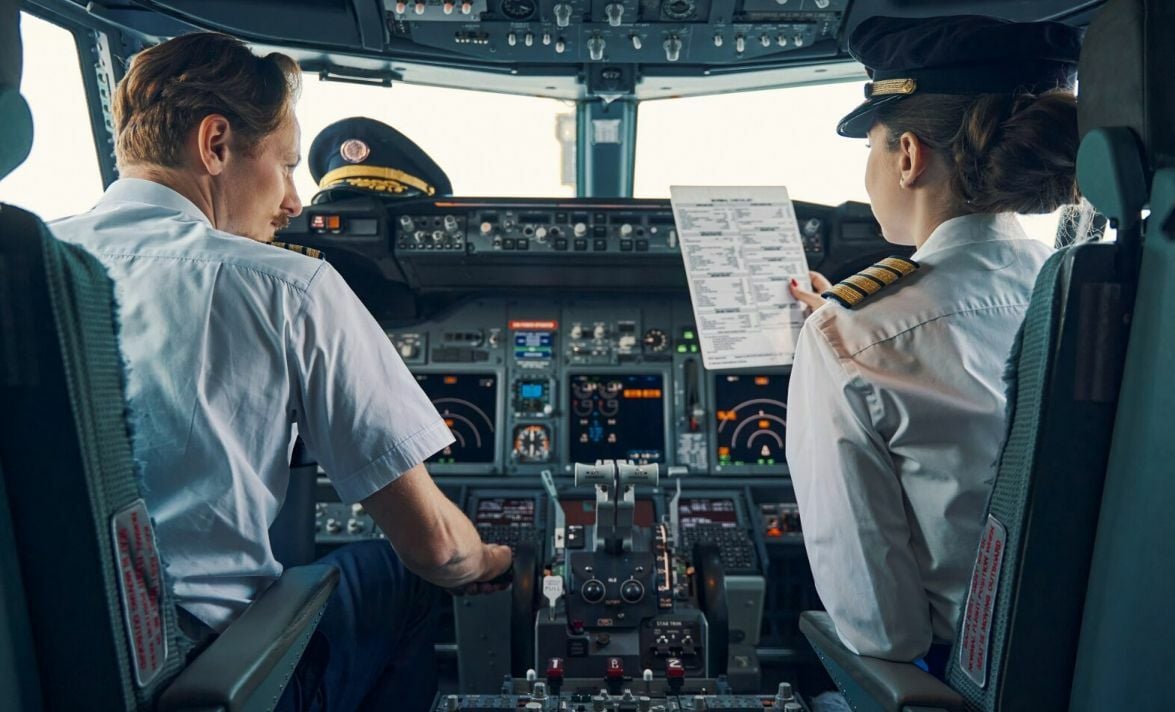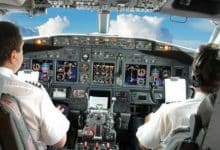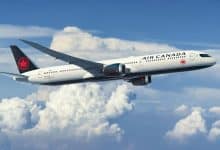High-flying headache: Aviation industry faces pilot pinch, needs 650,000 in 20 years

The aviation industry is currently grappling with a global pilot shortage, with an estimated 650,000 pilots required over the next two decades, as per data from the Emirates Flight Training Academy (EFTA).
The dearth of pilots is attributed to a scarcity of flight instructors worldwide, said Abdulla Al Hammadi, EFTA’S vice president. The industry is highly competitive, with airlines recruiting instructors from private aviation schools, leading to fewer pilot graduates.
Significant events over the past few decades, such as the 9/11 attacks, the financial crisis of 2008, and the recent global pandemic, have dissuaded individuals from pursuing careers as pilots.
Younger generations perceive the vocation as less prestigious than before, opting for professions that offer higher income. This shift in perspective has resulted in fewer cadets entering the aviation sector, resulting in a significant pilot shortage.
While higher salaries may lure pilots, many seek a balanced lifestyle with reasonable working hours, which was less common in the past, according to Al Hammadi.
Passenger confidence in single-pilot aircraft remains low, despite their increasing prevalence. Additionally, existing aviation and airport infrastructure worldwide is inadequately equipped to handle passenger flights for unmanned or single-pilot aircraft in the near term.
Job assurances
Al Hammadi suggested the use of larger aircraft capable of accommodating more passengers as a potential solution to reduce the number of pilots required. To circumvent these obstacles, flight training academies may need to provide job assurances for trainees. He also anticipates an increase in training bonds offered by airlines, which would require pilots to work for the airlines to repay these bonds to mitigate the staggering numbers of pilot shortages.
However, many airlines’ contracts with various aviation schools for cadet recruitment are considered unsustainable due to inconsistent standards. This has led to an increase in tuition fees at flight schools, causing airlines to invest more in securing graduates, reported Bangkok Post.
To address these pilot shortage issues, Emirates established EFTA in 2017, aiming to maintain a controllable quality standard for pilots.
So far, the academy has produced about 110 cadet graduates employed by airlines across the globe. Efta, with a fleet of 30 training aircraft, a 1,800-metre runway, a maintenance hangar, and private air traffic control towers, has the capacity to graduate 100 cadets annually.
The academy aims to boost this number to 250 cadets per year within the next six years.
Follow more of The Thaiger’s latest stories on our new Facebook page HERE.
Latest Thailand News
Follow The Thaiger on Google News:


























